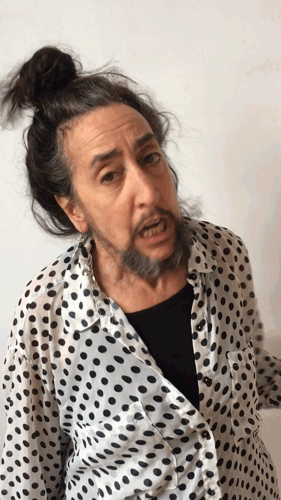Is Social Circus the "Other" of Professional Circus?
Abstract
This essay explores the conflictual relationship between “social circus” and professional circus. This case is an example of the internal divisions found in circus and the stratification of the practice according to socioeconomic groups. As social circus is increasingly attracting the attention of scholars and practitioners, attention is currently being drawn toward the need to document, problematize, and understand the recent history of this circus subgenre (Arrighi 2015, 65). The present analysis contributes to this project by providing ethnographic evidence from Britain and Colombia while offering an account of the history and meaning of social circus that differs from those acknowledged in official narratives. I contend that the official narrative surrounding social circus is an appropriation of an alternative movement that emerged in Latin America in the 1990s to fight cultural and sociopolitical barriers imposed on low-income children and youth. In the institutionalization and formalization process, the social circus movement was translated into the language and categories of the North—more precisely, into the terminology used by funders and stakeholders, as well as divisions between the artistic and other human spheres resulting in the European Enlightenment.
Downloads
Published
Issue
Section
License
Copyright for articles published in this journal is retained by the authors, with first publication rights granted to the journal. By virtue of their appearance in this open access journal, articles are free to use, with proper attribution, in educational and other non-commercial settings.
Manuscripts submitted to Performance Matters should be original works that have not been published elsewhere. Note that authors are responsible for obtaining permission to include copyrighted material in any article or review published in Performance Matters.

